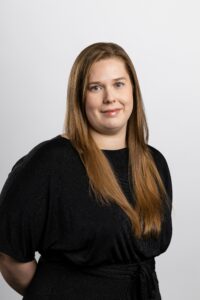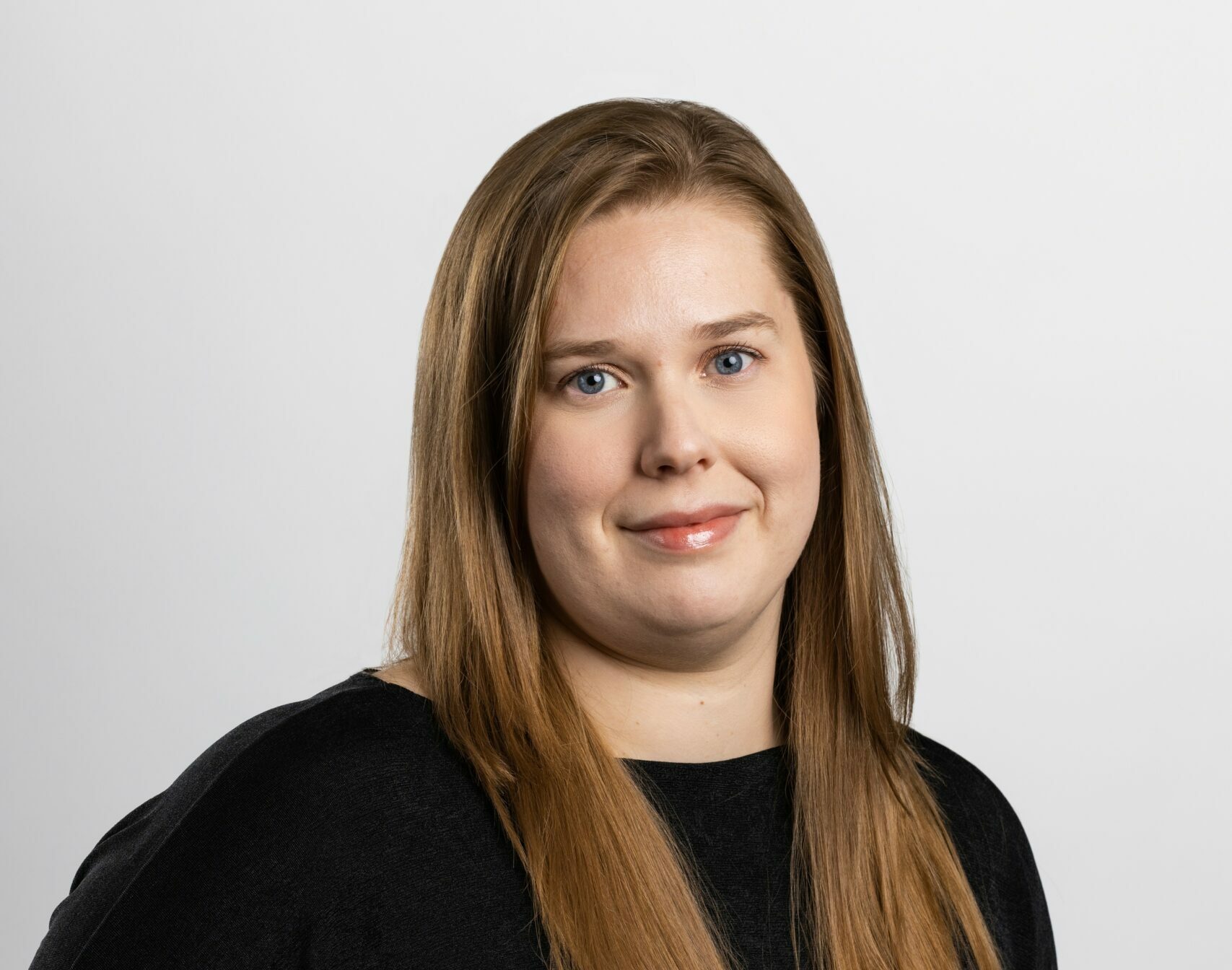We spoke to one of our youngest independent financial advisers to find out how she went from a degree in biomedical science to develop a passion for sustainable investing.

How did you get into Financial Services?
“I had a pretty unique route into financial services. I studied Biomedical Science at university with a view to entering medical school as a post grad and eventually being a doctor. After learning about neuro degenerative diseases and medical genetics, I graduated with a degree in Biomedical Science from Bangor University. However, the real life responsibly of being a doctor was a bit overwhelming and I took some time to assess other career options.
I’m actually from quite an unusual family in terms of female IFAs. My mum was an engineer who went from a career in science to finance. She also trained her cousin, who many MPA folks will know too – Ann Baguley, DipPFS. As mum’s practice was getting busier, I joined her on a freelance basis for 12 months to help her out, learning paraplanning and then I found I had a bit of knack for it.
In a strange sort of way there are parallels between being an IFA and a doctor (without the actual life and death bit). In both cases you look at patient/client, you look at the symptoms/scenarios they present, you help people to reach the outcome they are looking for and you follow up with ongoing after care and advice. So, in a way, you are still looking after people, treating them and putting things right – just more for their financial health.”
When did you join MPA?
“I joined MPA on its graduate scheme at 22, qualified at 24 and became an adviser at 25 after completing my Chartered Institute of Insurance apprenticeship in just over one year. I became an adviser just at the start of the global pandemic, a market crash and I was working at home alone whilst trying to buy my first home!”
What clients do you work with?
“My clients are generally over 55 and looking to retire or tidy up their investments. I don’t have a typical adviser personality so I think they like the unique perspective that I bring to the advice I give.”
What is your area of expertise?
“Although I’m still quite early on in my career, I was a research analyst before becoming an adviser and found a lot of greenwashing around ethical and sustainable investing.
This has become an area I’m particularly interested in and we are seeing a trend of increased knowledge and awareness from clients. I wanted to know that the investments and portfolios that were being recommended as ethical and sustainable were doing the right things, rather than just saying they were.
We have different ways of assessing the type of investments clients are comfortable with, the things that are important to them and the level of risk they are willing to take.
Backward looking, or negative screening, takes out all things that people disagree with such as animal cruelty or funding arms. Positive impact or stewardship portfolios are more forward looking and look at how businesses are investing in things like renewable energy to solve a bigger problem, such as BP for example. With these types of portfolios, we are able to have a say, through shareholder rights, in how the investments are influencing the world.
Most clients are open to environmental, social and governance (ESG) investing, yet some are more interested in performance. However, long term performance is still holding up comparably.
I am part of the sustainable investment committee at MPA and believe that we all have a responsibility to make an impact by changing small things, like where we choose to invest. We don’t need to be millionaires to do that. My job is to look after people’s money and make the best possible outcomes from it.”
For any clients considering financial advice, what would your advice be to them?
“Time is your biggest friend. I’m a big advocate for early financial advice. I’m lucky, I have grown up around it but many of my friends haven’t and don’t have the conversations with their parents or family. People have no idea when or how to invest. We tend to only see people from age 35 or 40 upwards if they have done particularly well financially and its often a shame that people hadn’t started earlier.
It is important to have a chat as early as you can. The longer you leave it the less benefits that you will get in retirement.”
Final words…
“I would love people to understand the benefits of pensions and tax relief of ISAs, tax free cash, death benefits from an earlier age.
The power of compound growth is basic investing. If you put into a pension pot starting at age 21 and it grows 10% per year, you will end up with a bigger pot of money than without it.
It would be useful if other companies explained things better and we talked about these things in schools. We are failing the younger generation if we don’t.”
For more information about MPA Wealth Management services visit: https://www.mpafm.co.uk/.
